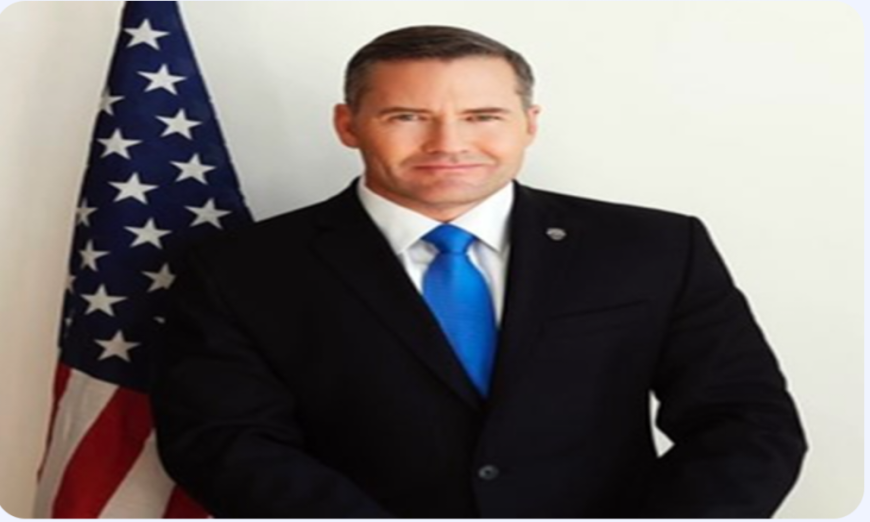United States National Security Adviser Mike Waltz has urged Ukrainian President Volodymyr Zelensky to tone down its stance and resume negotiations over a minerals deal with the US. The proposed agreement, which reportedly seeks a 50 per cent share of Ukraine’s natural resources, was initially presented by U.S. Treasury Secretary Scott Bessent at the Munich Security Conference.
However, Zelensky has so far rejected the proposal, stating that he cannot sell his country’s assets. Despite this, he expressed gratitude for U.S. support and said Ukraine remains open to discussions, provided the deal includes security guarantees for his nation.
Volodymyr Zelensky’s refusal to sign away nearly half of his country’s rare earth minerals for very few future guarantees is one of many reasons why Trump has been driven into a rage at his counterpart in Kyiv.
The Ukrainian president has made clear that exploiting his country’s precious geographical and energy resources will be one way to rebuild its economy and cities after the eventual end of the war. But the offer tendered by Treasury Secretary Scott Bessent, while being lauded by US officials as a generous ladder to prosperity for Ukraine, is not really a “deal” at all
However, it provides insights into Trump’s view of foreign policy and his perception of the war after he reversed, rhetorically at least, the Biden administration’s support for the invaded party and threw his weight behind the invader.
As with his plan to relocate all Palestinians out of Gaza so the US can build a “riviera” of beach resorts, the president’s motives appear to be rooted more in extracting the best potential monetary return for the United States than in equitably solving a murderous conflict that endangers the world. Trump is reflecting skepticism among his base voters toward the tens of billions of dollars of military and financial aid that the Biden administration sent to Ukraine after it was illegally invaded by Russian President Vladimir Putin’s forces three years ago. But Trump’s transactional approach represents a shattering of foreign policy values pursued by the United States for decades, including the principle that mighty nations should not invade smaller ones, which Washington enshrined in the United Nations charter.
His pressure on Ukraine, the victim in the conflict, is also a hardline effort to take advantage of a nation in its darkest hour. While Putin has carved off large chunks of its territory, Trump seeks a large slice of its mineral wealth at a knockdown price. The “deal” looks rather like a form of extortion that Trump tried on Zelensky once before — floating military aid as an incentive for him to announce an investigation into Joe Biden, which led to Trump’s first impeachment

